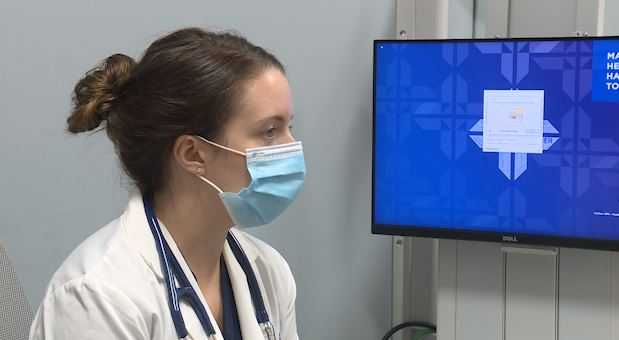In the ever-evolving realm of healthcare, a notable paradigm shift is emerging, one that seems to somewhat discount the emotional well-being of patients. Traditionally, physicians have operated under the tenet that a holistic understanding of a patient encompasses both their physical maladies and their emotional hurdles. However, recent trends indicate a growing dissonance in this approach, prompting concerns regarding the adequacy of emotional attention in clinical practice.
The burgeoning reliance on technology, including telemedicine and algorithm-driven diagnostics, has unmoored patient-physician relationships from their empathetic roots. These digital platforms, while offering unparalleled convenience and access to information, have inadvertently tilted the balance of care. Physicians increasingly confront time constraints, leading to truncated consultations where emotional histories may not receive the attention they deserve. The result? Patients may leave the examination room with unaddressed psychological concerns that linger beneath their physical ailments, fostering long-term repercussions.
Indeed, the crux of this disconnect lies not merely in the lap of technology but also in a systemic shift in doctor training. As medical education molds practitioners into data-driven problem solvers, the art of listening—an indispensable tool in patient care—risks being overshadowed by clinical efficiencies. The ability to forge connections, foster trust, and hone in on emotional cues demands not only time but an intrinsic understanding of the human condition that is often overlooked in modern curricula.
This transition begs the question: what are the implications of neglecting the emotional state of patients? Psychological distress can exacerbate physical conditions, leading to a cyclical deterioration of health. Chronic conditions can become worsened by stress and anxiety, diminishing quality of life and contravening the foundational tenets of a healthy society. Doctors less attuned to these emotional intricacies may ultimately contribute to the burgeoning crisis of unmet healthcare needs.
Promisingly, there appears to be a growing recognition of this emerging dilemma within medical circles. Initiatives promoting emotional intelligence training and mindfulness in medical education aim to recalibrate the emphasis on patient-centered care. By re-introducing empathy as a core component of the medical ethos, these efforts possess the potential to engender not only better health outcomes but also enhance patient satisfaction.
As the healthcare landscape continues to evolve, the call for a renaissance in emotional awareness is increasingly vital. The future of medicine must embrace a more nuanced understanding of health that intertwines the emotional and physical realms. This integration can ultimately lead to more resilient patients, equipped with both physical healing and emotional fortitude. The journey towards a more empathetic approach may be arduous, yet it promises a more humane and effective medical system for all.
